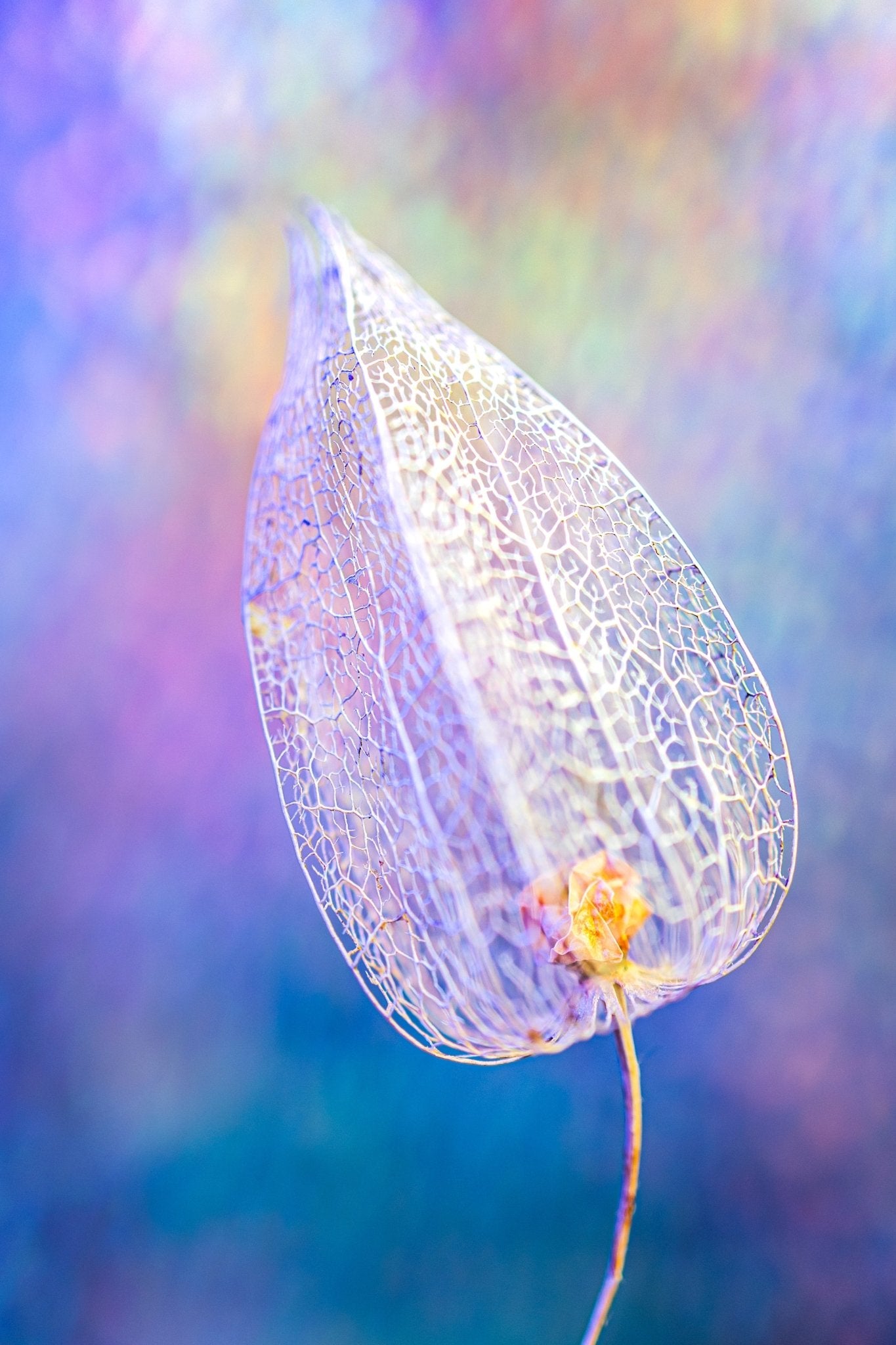Cystitis: 7 myths & facts
Sofia Stoeckmann

No.
You don't get cystitis from the cold alone. An infection only occurs when germs enter the urethra.
However, women who are prone to bladder infections should still keep warm. This is because cooling the abdomen can reduce the local defense of the bladder mucosa.
Yes and no.
The anus and urethra are anatomically very close to each other in women. During sex, bacteria from the Gut can enter the vulva via the perineum and thus into the urethra.
As the intestinal bacterium E. coli is the most common trigger for bladder infections, sex increases the risk. However, other bacteria as well as fungi and viruses can also trigger cystitis.
No.
Mild bladder infections can be treated well with natural and herbal remedies that help the body to fight the infection itself.
Warmth, drinking plenty of fluids and taking vitamins are particularly helpful. The body's own defenses ensure that bacteria do not become established in the first place. If they do get into the bladder, they can be prevented by taking D-mannose and flushed out. If the bladder infection still does not go away or worsens, a medical specialist should be consulted immediately. It is then usually necessary to prescribe an antibiotic.
It depends.
Drinking plenty of fluids rinses the bladder and prevents infections. However, concentrated juices, soft drinks and coffee can actually make the situation worse.
So-called diuretic herbal teas (nettle, birch leaves, goldenrod, rose hip, peppermint, licorice root) are best, but also water-rich foods such as watermelon - or simply water.
No.
Infection from person to person, e.g. by sharing a toilet, is not possible .
Even with a toilet seat at a rest stop, the germs on your thighs can do little. The same applies to swimming pools, saunas and the like: after all, chlorine is added to the water there to make it as germ-free as possible. You should just make sure that you don't get hypothermia down below after swimming.
No!
If a urinary tract infection is spread, the kidneys can be affected. A bladder infection can then become really dangerous:
In the worst case, there is a risk of blood poisoning, which can be life-threatening.
Yes!
The classic: pee after sex! To prevent cystitis, women should go to the toilet at least 10-15 minutes afterwards. Overall, it is important to ensure that as few intestinal bacteria as possible get into the vulva. This also means, for example, always wiping from front to back with toilet paper. Good intimate hygiene is also often mentioned as a tip - warm water is completely sufficient. Intimate wash gels, sprays etc. are superfluous (and can even have the opposite effect).
Basically, anything that strengthens the immune system helps. Attention should also be paid to factors in everyday life that promote inflammation: Ready-made food, refined sugar, alcohol, smoking or meat products are considered to promote inflammation.
However, as sometimes these cannot be completely avoided, it is possible to take herbal preparations as a preventative measure.
A daily, preventive intake of D-mannose can help some studies D-mannose enters the bladder directly, where it coats the E. coli bacteria.
As a result, they can no longer adhere to the bladder wall and are flushed out with the urine.